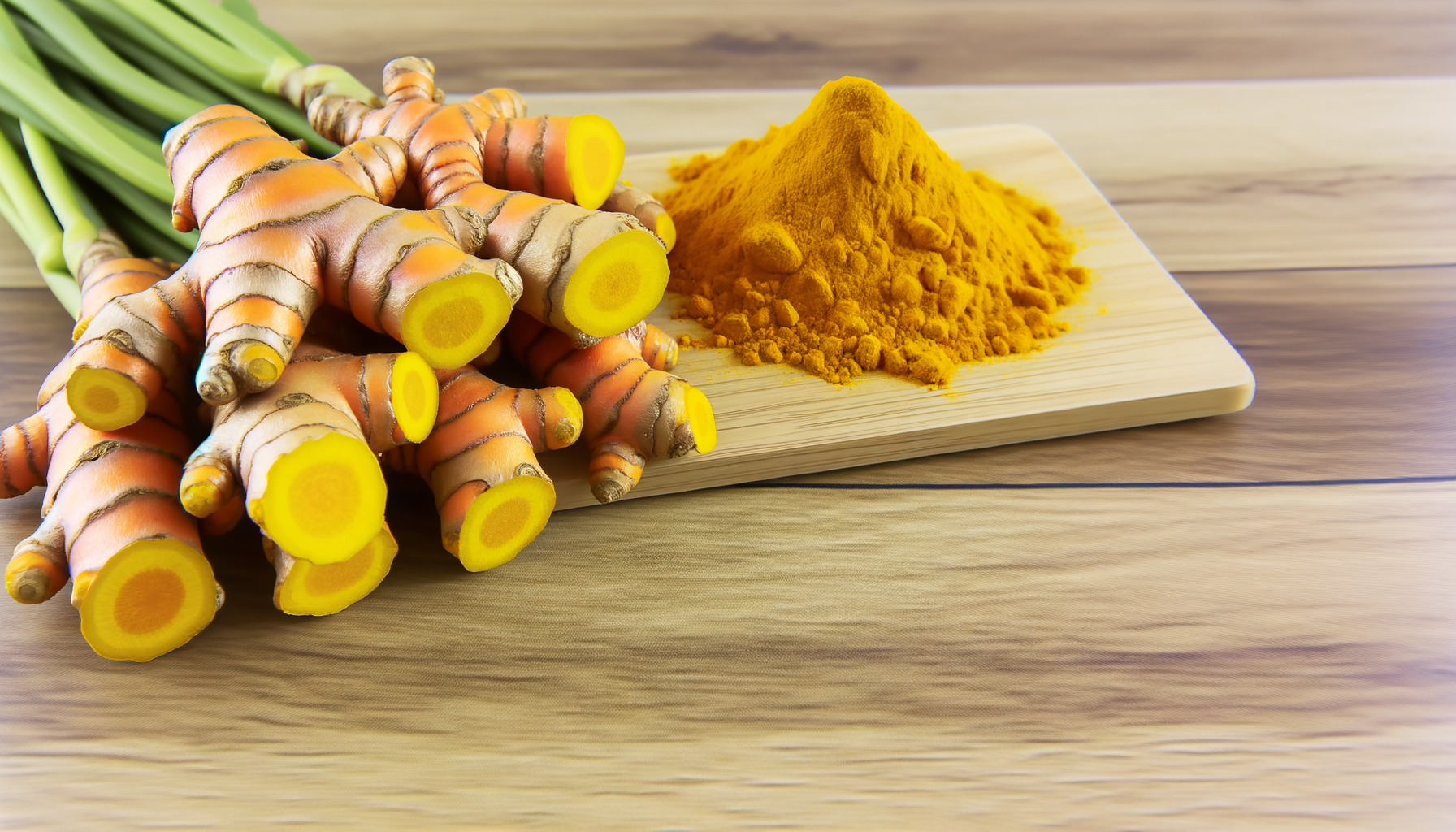Unlocking the Potential of Curcumin as a Functional Food Supplement
Article Summary:
The latest research highlights the potential of curcumin, a compound found in turmeric, as a functional food ingredient with significant health benefits. This study focuses on curcumin's anti-inflammatory properties, which could revolutionize the landscape of dietary supplements. Researchers employed a double-blind, placebo-controlled trial to assess curcumin’s effects on inflammation markers in human participants. The results demonstrated a noticeable reduction in inflammation levels among those who incorporated curcumin into their diet, suggesting its viability as a dietary supplement.
Background Knowledge and Context:
Curcumin is a naturally occurring compound in turmeric, a spice commonly used in Asian cuisine. It is renowned for its vibrant yellow color and has been used in traditional medicine for centuries due to its purported health benefits. In biological terms, inflammation is the body's response to harmful stimuli and is a natural part of the immune response. However, chronic inflammation can lead to various health issues, such as arthritis and heart disease. Think of inflammation like a fire alarm: useful in emergencies but problematic if it never turns off.
Analysis of Research Significance and Practical Applications:
This research is significant for its potential implications in the fields of nutrition and medicine. Curcumin’s ability to reduce inflammation offers a natural and accessible option for managing chronic conditions without the side effects associated with pharmaceutical anti-inflammatories. Practically, incorporating turmeric or curcumin supplements into one's diet could help manage symptoms of conditions like arthritis, thereby improving quality of life. Additionally, curcumin can be integrated into food products or developed into supplement capsules, enhancing its ease of use.
Personal Expert Opinion and Future Outlook:
In my view, this study solidifies curcumin’s place as a promising candidate in the realm of dietary supplements. However, it is important to acknowledge the limitations, such as its bioavailability, which impacts how well the body can absorb and use curcumin effectively. Future research should focus on improving bioavailability, perhaps through novel delivery systems or companion ingredients that enhance uptake. Moreover, long-term studies are needed to fully understand the implications of daily curcumin supplementation and its effects on chronic disease prevention.
In conclusion, as research progresses, curcumin may emerge as a key ingredient in the prevention and management of inflammatory conditions, fostering an exciting era of ingredient-based wellness.
Reference:
Original research can be further explored at this link.
